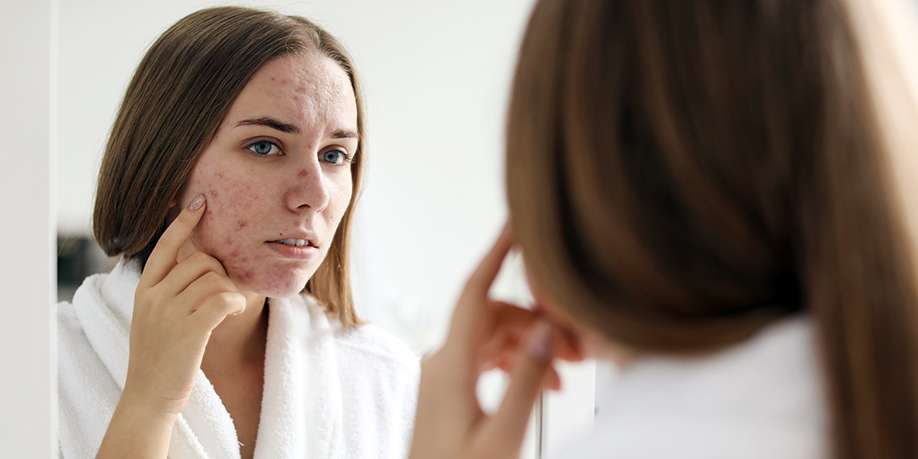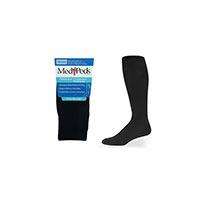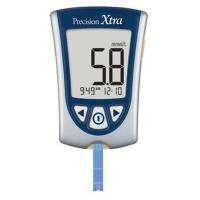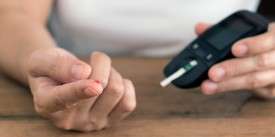
Connection Between Acne and DiabetesConnection Between Acne and Diabetes
  © Chernetskaya | Dreamstime.com When it comes to skin diseases, acne is the first one that comes to mind. That is not a surprise, as acne (also known as acne vulgaris) is the most common skin condition in both adolescents and adults of any age, gender, and race, although teens and young adults experience acne more often than other age groups. Acne occurs when hair follicles under the skin pores get clogged with dead skin cells and excess oil (sebum), which leads to pimples, blackheads, and whiteheads. Acne can appear on the areas of your body where you have the most oil glands, such as face, shoulders, chest, and back. There are many reasons that can cause development of acne. In teens and young adults, hormonal changes is the major culprit. Acne can be hereditary. In other words, it can run in the family, so if the parents had it, there is a chance the children may have it too. Some medications, like corticosteroids, and also some skin and hair products can cause acne as well. Acne is also not rare in adults. Similarly to teenagers, hormones are often the cause along with medications, physical and emotional stress, bacteria, and contact irritation. There is another reason of acne breakthrough in both teens and adults. – It could be an early sign of developing diabetes. When you are healthy, insulin – a hormone produced by the pancreas – helps glucose (blood sugar) get from the blood into the body’s cells to produce energy. However, if you suffer from prediabetes or diabetes, the body is unable to produce energy from blood sugar because either, in case of Type-1 diabetes, there is not enough insulin present in the body or, in case of Type-2 diabetes, insulin does not function properly. Type-1 diabetes can often cause dry skin, triggered by dehydration that happens due to elimination of excess sugar in urine. Dry skin can make your pores break open, which allows acne causing bacteria get deep into the skin. Besides, dry skin can trigger the production of more sebum in your skin, which is a very common cause of acne. If you have Type-2 diabetes and insulin cannot be processed properly, your body becomes overloaded with glucose. When that happens, your pancreas works overtime to produce more insulin and insulin-like growth factor (IGF-1) to compensate for insulin inefficiency and restore blood sugar levels. Consequently, when your body is dealing with too much IGF-1 or insulin, it starts producing an excessive amount of androgen hormones, which in its turn leads to overproduction of sebum, opening up the door to acne. This cause and effect situation represents a very unpleasant domino effect. – If you leave your pre-diabetes or diabetes unattended, it may lead to insulin resistance. That means that it will take much more insulin to restore normal blood sugar levels than it did before. Your body will react with highly increased production of insulin and androgen, which may give you a quite severe acne outbreak. Thankfully, a proper diet can improve the acne situation or even help you avoid it altogether. First of all, reduce the amount of processed sugar you consume. Keep an eye on the nutrition labels before you buy any kind of food. On the other hand, complex sugars that are present in whole grains, fruits, and vegetables, are accompanied by fiber and because of that they take much longer to break down, keeping the risk of blood sugar spikes low. Give preference to the foods with low Glycemic Index (GI) score. It sounds like limiting yourself a lot, but in reality, there are many choices out there that fit into this category, including rolled oats, whole grain bread, almond milk, chickpeas, sweet potatoes, kidney beans, cherries, plums, and more. Slow down on dairy products. Not only they are often high in sugar, but also increase inflammation and production of IGF-1, meaning high chance of acne. Instead, enrich your diet with protein. Food that is rich in protein, such as beans, eggs, and nuts, simply keeps you full. Acne is an extremely common skin condition. Although for most people it is usually associated with adolescence, for people with diabetes it can be a serious issue that can persist for a prolonged period of time. However, acne can be successfully conquered with diabetes management. In particular, proper adjustments to your diet can make a difference and even eliminate the issue completely.
| |||||||||||||||||||||||||




























